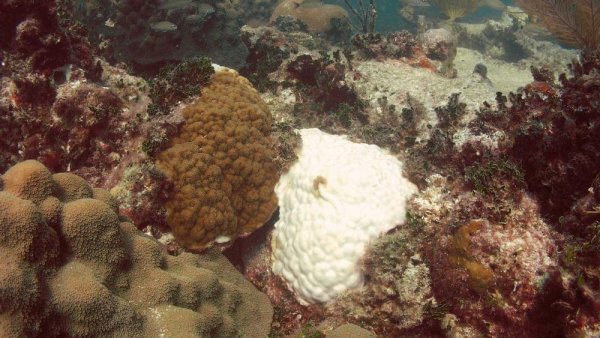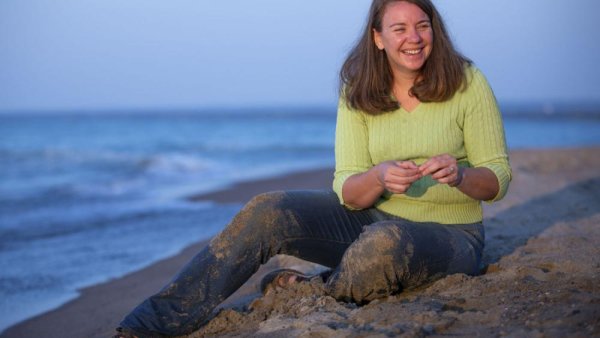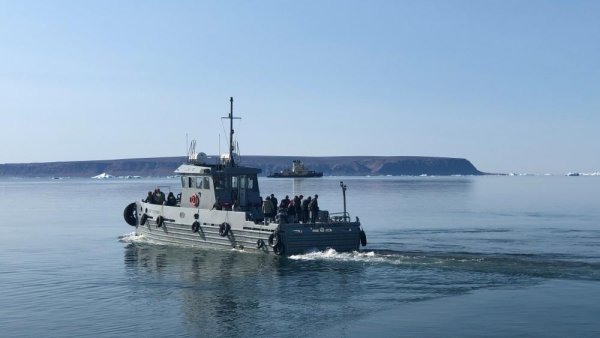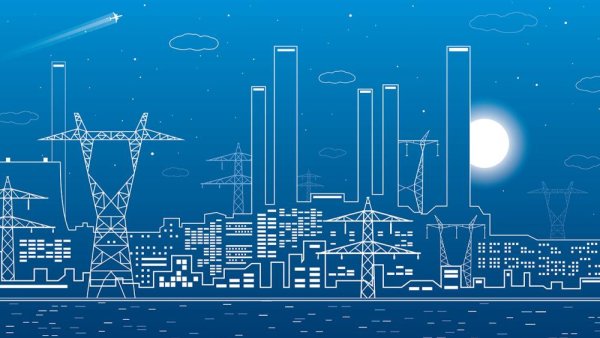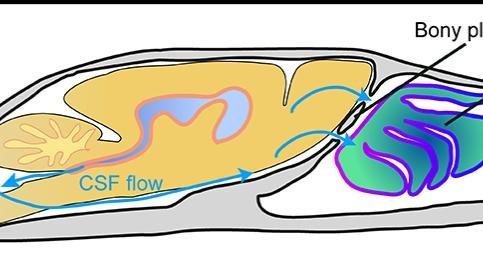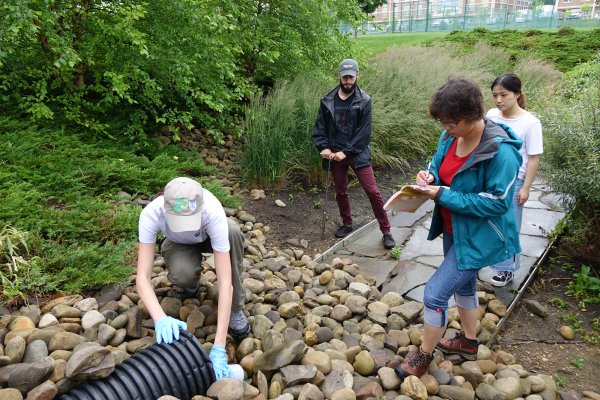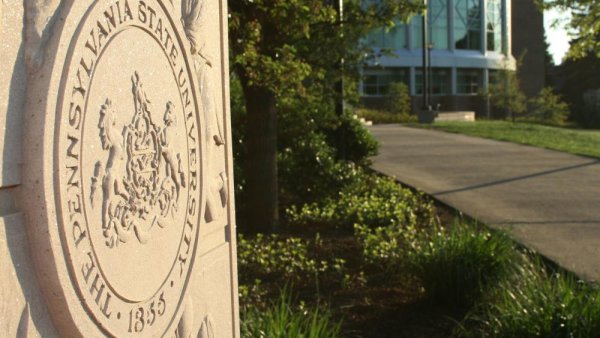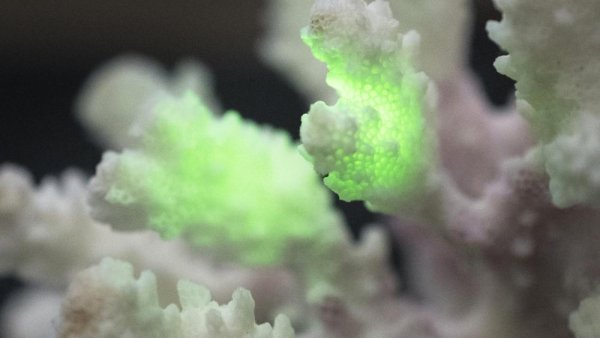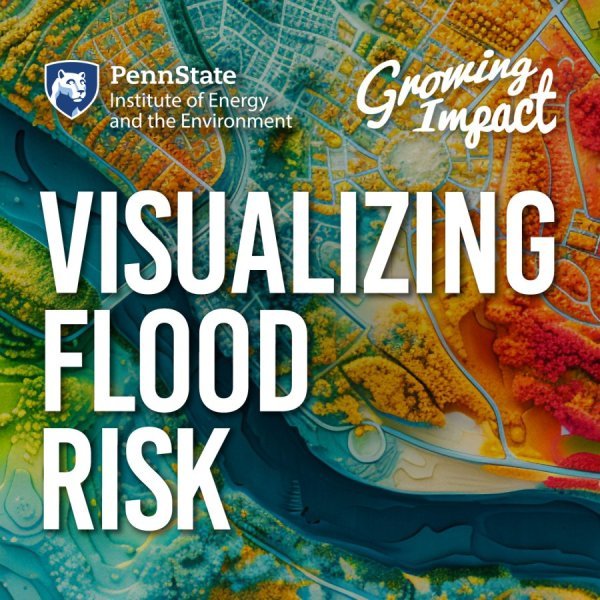How to restore a coral reef
| psu.edu
New guidelines drafted by a consortium of concerned experts could enable corals to adapt to changing environments and help restore declining coral populations in the Caribbean. The guidelines provide a definitive plan for collecting, raising and replanting corals that maximizes their potential for adaptation.
Accomplished plastics pollution researcher joins Penn State Behrend
| psu.edu
Sam Mason joined Penn State Behrend at the start of the spring 2019 semester as the college's sustainability coordinator. The Texas native is known for her groundbreaking research on plastics pollution.
English professor participates in Northwest Passage Project expedition
| psu.edu
Hester Blum, Penn State associate professor of English and a 2019 Guggenheim Fellow, will be tracking climate change in the Arctic Ocean as part of the Northwest Passage Project research expedition. The nautical expedition launched from Thule Air Base in Thule, Greenland, on July 18 and will return Aug. 4, sailing approximately 2,000 nautical miles through the Arctic on the Swedish Icebreaker Oden.
Microgrids, major changes: Professor leading effort to redesign power grid
| psu.edu
When Hurricane Sandy hit the eastern seaboard in 2012, entire city skylines went completely black with the curious exception of a few small areas still emitting light, thanks to their use of combined heat and power systems, a key component to microgrids. Jim Freihaut, professor of architectural engineering in the Penn State College of Engineering, sees these microgrids not as exceptions but as the norm of the future.
New IEE leaders mindful of energy, environmental challenges
| psu.edu
Bruce Logan and Erica Smithwick have been named associate directors for the Institutes of Energy and the Environment.
Sense of smell, pollution and neurological disease connection explored
| psu.edu
A consensus is building that air pollution can cause neurological diseases such as Alzheimer's disease and Parkinson's disease, but how fine, sooty particles cause problems in the brain is still an unanswered question. Now a team of Penn State researchers, using mice, have found a possible way, but more research is still needed.
College of Engineering announces faculty promotions
| psu.edu
Fourteen Penn State College of Engineering faculty members have been selected for promotions, effective July 1, 2019.
Strategic plan seed grant supports green stormwater infrastructure research
| news.psu.edu
A proposal that will support the development of a living laboratory for green stormwater infrastructure research, education and innovation at Penn State is among the latest initiatives to receive funding through the University’s Strategic Plan Seed Grant program.
Penn State promotions in academic rank, effective July 1, 2019
| psu.edu
The following is a list of academic promotions for tenured and tenure-line faculty members at Penn State, effective July 1.
Civil and environmental engineering announces tenure for five faculty members
| psu.edu
Five Penn State Department of Civil and Environmental Engineering faculty members have been selected for promotion and/or tenure, effective July 1, 2019.
Engineering professor awarded $1.1M grant to increase efficiency of organic LEDs
| psu.edu
Chris Giebink, associate professor of electrical engineering at Penn State, has been awarded a two-year, $1.1 million grant from the U.S. Department of Energy for his research in organic light-emitting diodes (OLEDs). The research is focused on increasing the efficiency of OLEDs used for room lighting.
Harvesters of Light
| psu.edu
UNIVERSITY PARK, Pa.—They fan out into lily-pad-shaped disks, branch haphazardly like the antlers of deer, and hold fast to the sea floor in squat little spheres. Corals come in many shapes and sizes—and this diversity in form is driven by sunlight.

